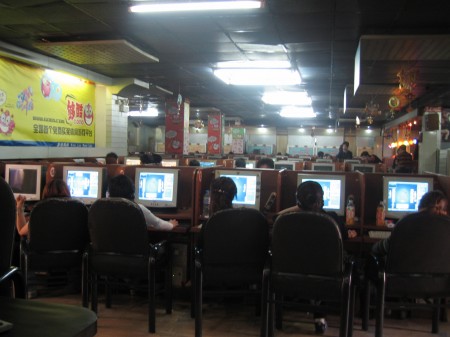
Editor’s note: Our partners at the Pacific Forum have just released the latest edition of Comparative Connections. This triannual publication provides expert commentary on the current status of a selection of bilateral relationships across the Asia-Pacific region. Alongside a chronology of key events, a regional overview places recent developments into a broader and multilateral context. We publish a summary of the September 2013 issue below. The full issue is available for download here.
Regional Overview: Rebalance Continues Despite Distractions by Ralph A. Cossa and Brad Glosserman
It was a rough four months for the US as Washington struggled to convince Asian audiences that the “rebalance” is sustainable given renewed attention to the Middle East, even before the Syrian crises. US engagement in Asia was multidimensional with participation at several ministerial-level meetings, a visit by Vice President Biden, continued pursuit of the Trans-Pacific Partnership, and a show of military capability in Korea. But, it isn’t clear North Korea got the message. Kim Jong Un seems to have adopted his father’s play book: first create a crisis, make lots of threats, and follow up with a “smile diplomacy” campaign. So far, Washington has stuck to its game plan, insisting on a sign of genuine sincerity before opening a dialogue with Pyongyang. Finally, the US image in the region was damaged by revelations about classified NSA intelligence collection efforts.




